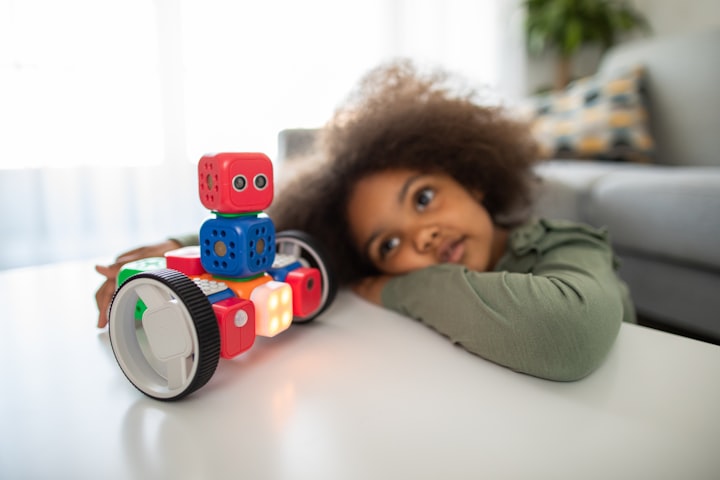
Playing with Lego can have several benefits for children's cognitive development, but it's important to note that simply buying Lego on its own is unlikely to improve intelligence without active engagement and exploration.
Lego play can enhance children's spatial reasoning abilities, as they use their imagination to create structures and solve problems. Building with Lego can also help develop fine motor skills, as children manipulate and connect the bricks. Additionally, playing with Lego can promote creativity, problem-solving, and critical thinking skills as children experiment with different designs and constructions.
However, it's important to note that playing with Lego is just one of many activities that can contribute to a child's cognitive development. Other factors, such as access to quality education, supportive parenting, and a stimulating environment, are also critical for promoting intelligence and overall cognitive development.
In summary, while buying Lego for children can be a fun and engaging activity that can promote cognitive development, it's important to remember that active engagement with the toy is what can lead to potential benefits.
Playing with Lego can provide a number of benefits and abilities to children. Some of these include:
Creativity and Imagination: Lego allows children to use their creativity and imagination to build a variety of structures and objects using the same set of bricks.
Problem Solving and Critical Thinking: Children learn to problem-solve and think critically as they plan and construct their Lego creations, figuring out which pieces fit together and how to make their designs work.
Fine Motor Skills: Playing with Lego can help children develop their fine motor skills, such as hand-eye coordination and finger dexterity, as they manipulate the small pieces.
Spatial Awareness: Lego helps children develop spatial awareness, as they learn to visualize and manipulate objects in three dimensions.
Persistence and Patience: Lego can teach children the value of persistence and patience, as they work through the challenges of building complex structures or designs.
Teamwork and Collaboration: Lego can be used as a tool for teamwork and collaboration, as children work together to build structures or solve design problems.
Overall, playing with Lego can provide a fun and educational way for children to develop a range of skills and abilities.
Lego therapy is a type of play therapy that uses Lego building as a therapeutic tool. It is often used to help children with social communication difficulties, such as those on the autism spectrum, to improve their social skills and emotional regulation.
In Lego therapy, children work together in small groups to build a Lego creation, with each child taking on a specific role or task within the group. The therapy is guided by a trained facilitator who helps the children learn to communicate effectively, cooperate with one another, and manage their emotions.
While Lego therapy can be a helpful tool for certain children in developing social skills and improving communication, it should be noted that it is not a substitute for other forms of therapy or treatment. It is important for children with social communication difficulties to receive individualized support and therapy from qualified professionals in addition to any supplemental therapies, such as Lego therapy.
playing with Lego can have a positive impact on children's development in a number of ways. Some of the ways that Lego can improve kids include:
Developing Creativity and Imagination: Lego allows children to use their creativity and imagination to build a variety of structures and objects using the same set of bricks.
Enhancing Fine Motor Skills: Playing with Lego can help children develop their fine motor skills, such as hand-eye coordination and finger dexterity, as they manipulate the small pieces.
Improving Problem Solving and Critical Thinking: Children learn to problem-solve and think critically as they plan and construct their Lego creations, figuring out which pieces fit together and how to make their designs work.
Developing Spatial Awareness: Lego helps children develop spatial awareness, as they learn to visualize and manipulate objects in three dimensions.
Encouraging Persistence and Patience: Lego can teach children the value of persistence and patience, as they work through the challenges of building complex structures or designs.
Fostering Social Skills: Lego can be used as a tool for teamwork and collaboration, as children work together to build structures or solve design problems, which can help to improve their social skills.
Overall, playing with Lego can provide a fun and educational way for children to develop a range of skills and abilities, and is often used in educational and therapeutic settings to support children's learning and development.
About the Creator
Mece
Articles about life...
Reader insights
Nice work
Very well written. Keep up the good work!
Top insight
Excellent storytelling
Original narrative & well developed characters






Comments (2)
Thank you for sharing this information.
Very well written. very informative.